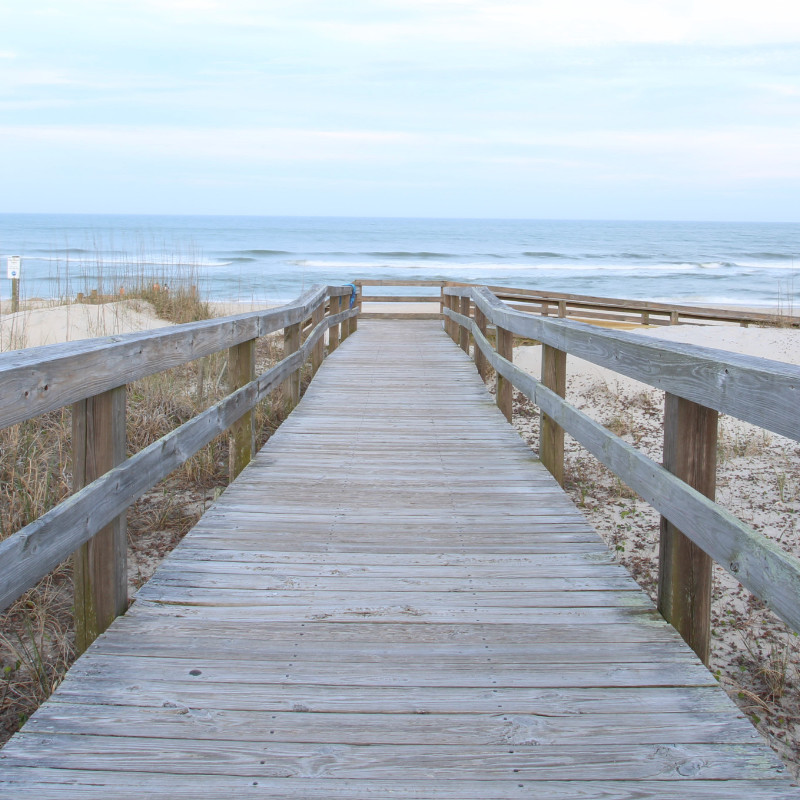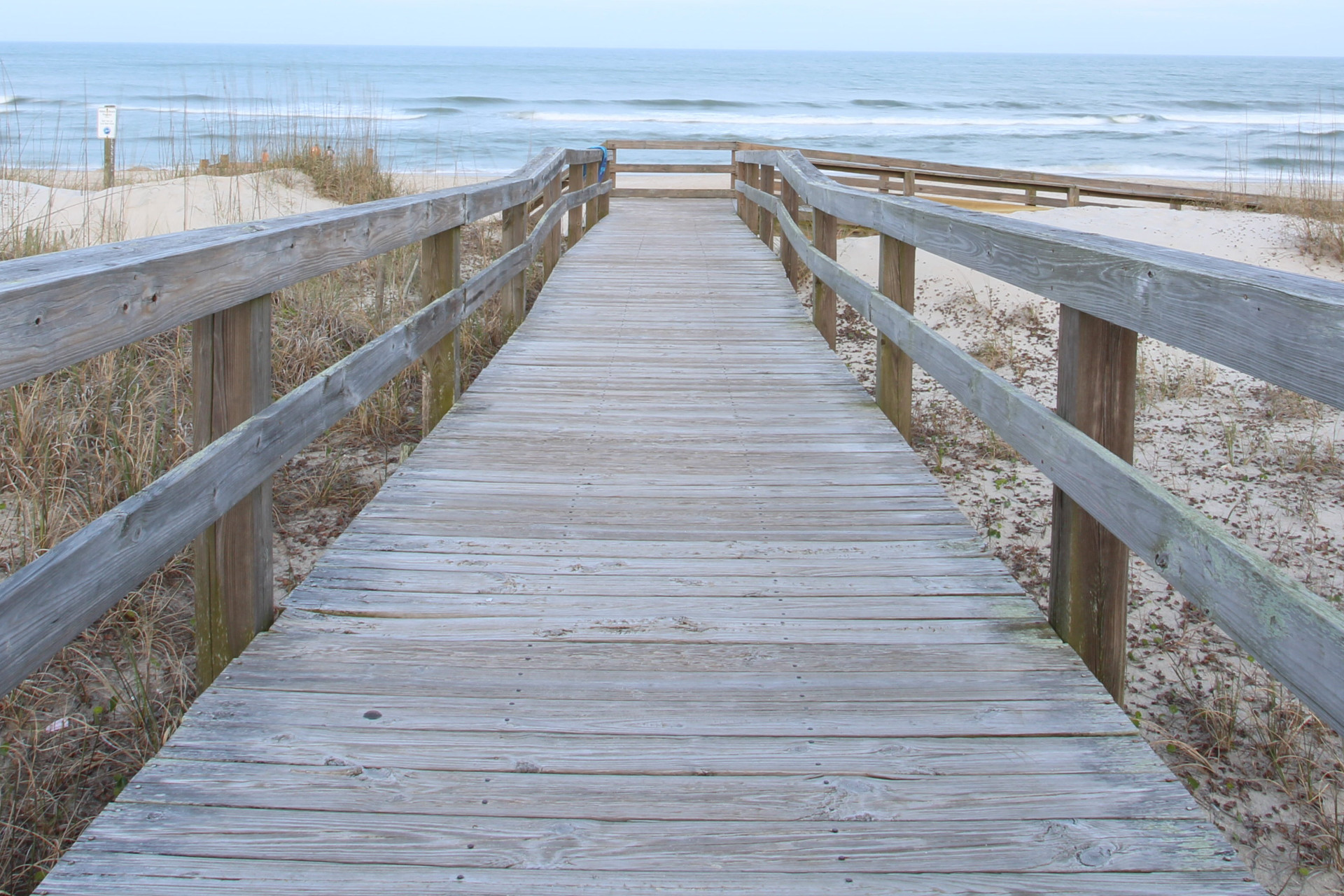3
Jun 2020
Avid gardeners know that compost can add vital nutrients to soil used in gardens, container plants and lawns. The fact that compost is so versatile and nutrient-dense may not even be its most admirable quality. Made from items used in and around the house, compost costs just about nothing to produce.
The raw materials that make up compost come from organic waste. These can be disposables from the garden and kitchen, as well as other areas around the house. According to the United States Environmental Protection Agency, yard trimmings and food scraps add up to 20 to 30 percent of the municipal solid waste in the United States. Turning waste into compost not only helps the landscape, but also the planet.
Compost is relatively easy to make, and there are scores of materials that can be put into compost. But it is just as essential to know which ingredients cannot be used in compost.
Okay for compost
Most organic materials, or items that were once living, can be used in compost. Plant-based items used in cooking, such as potato peelings, carrot skins, banana peels, cocoa hulls, coffee grounds and filters, corn cobs, apple cores, egg shells, fruit peels, kelp, and nut shells, can be added to compost.
Other items from around the house, like unused kitty litter, hair, shredded newspapers and cardboard, leaves, flowers, paper, pine needles, ashes, and sawdust, can be successfully added to compost. Stick to items that are not treated heavily with chemicals.
Should not be used in compost
Inorganic and non-biodegradable materials cannot go into compost. These are items like plastic, glass, aluminum foil, and metal. Pressure-treated lumber, although a natural material, is treated with preservatives and often pesticides that can be harmful if they leech into the garden.
The small-gardening resource Balcony Garden Web indicates coated or glossy printed papers, such as those from catalogs, magazines, wrapping paper, marketing materials, and business cards, should not be added to compost piles because of the chemicals and inks used in these pages.
Planet Natural Research Center says to avoid pet droppings from dogs and cats. Animal products like bones, butter, milk, fish skins, and meat, may decompose and start to smell foul. Maggots, parasites, pathogens, and other microorganisms can form in the compost. These materials also may attract flies and scavenger animals. Plus, they decompose very slowly.
Any personal hygiene products should be avoided because they are tainted by human fluids and that can pose a health risk.
While weeds are not harmful in compost piles, there is the risk that seeds can germinate and then infiltrate garden beds when the compost is used. The same can be said for tomato plants and some other hardy fruits and vegetables.
Compost is a winner in the garden and around the landscape. Learning which ingredients can and can’t be added to compost piles is useful for any gardener.






